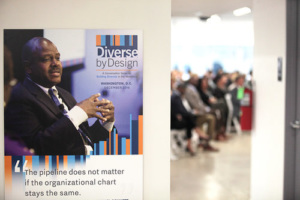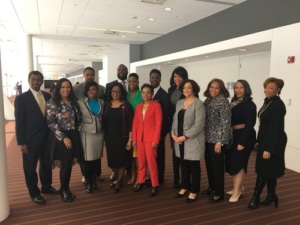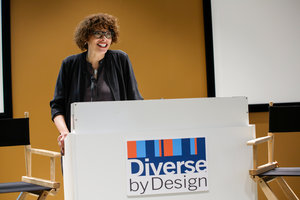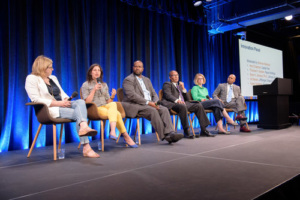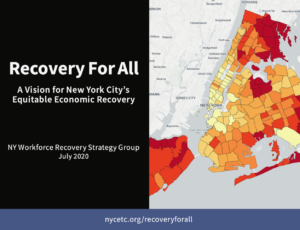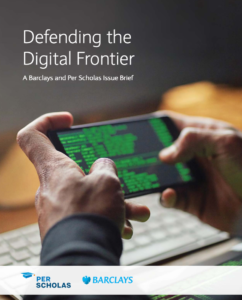A Mentor’s Role in a Learner’s Life & 5 Goal Setting Tips
A mentor’s role in a student’s life is highly significant. A mentor is someone who guides a learner throughout their journey to break the barriers that might stand in their way to success.
Per Scholas offers supplemental mentorship to all its learners in addition to their training. Our mentors are career coaches, financial coaches, and instructors, all who believe that maintaining an open line of communication with our learners is essential to their success. But how exactly are mentors influencing our learners’ experiences not only during their time at Per Scholas but also after graduating? How are our learners prepared to navigate a job market that grows continuously and becomes more demanding every day? Hear from some of our Per Scholas’ mentors about the benefits, activities, and advice for career success:.
How mentors help learners
One of the many ways a mentor can help our learners is “by ensuring that they are equipped with proper knowledge and skills necessary to be marketable in the workforce, as well as enhance confidence in areas that learners might feel incompetent in, and accommodate time outside traditional class to provide a more personal learning experience” according to Deandre Branch (Manager, Career Advancement – Dallas).
Mentorship can be as broad or as specific as learners need it to be. One way Kelsey Briggs (Senior Manager, Career Solutions, Chicago) provides mentorship is by sharing information about the job market opportunities in the area and also offers feedback to learners about their job search materials, networking and communication skills.
“We guide them through their next career move, salary negotiation, and even when the right time is to move on to a new opportunity.”
It is also important to remember that the relationship between mentor and mentee, in this case, our learners, is a safe, free of judgment space, and encourages learners to share their personal challenges and create an effective plan of action. “I focus on mentoring my learners with my life expertise and best professional practices. I also hold one on one meetings with my learners, and together we create an effective plan to address them,” shares Jose Jurado (Senior Manager, Career Advancement, New York).
What to do with a mentor
It is essential to understand what activities learners can participate in with their mentors during the mentoring process. Our mentors in Boston and Detroit agree that having a set time to connect and check-in regularly is fundamental to building a fruitful relationship between mentor and learner. Equally important is to talk openly. Honest feedback is one of the many benefits of mentorship. However, this can only be effective if there is an open communication line between the mentor and the learner. As Kelsey Briggs explains: “As we get to know each other, we can offer information on how others might perceive us, how we could get ahead, or how we can reach our goals. The mentor/mentee relationship isn’t fixed, either. A strong relationship will have you sometimes offering advice and sometimes receiving it.”
Other suggested activities include role-playing, which can be beneficial during the interview process when looking for a job, setting reasonable expectations, providing career focus direction, and networking activities. Many other activities can be part of your mentor’s relationship; these will depend on what you need, what you are looking for, and where you stand in your career at the time.
Goal setting tips
Goal Setting is one of the many exercises where a mentor’s help is crucial. We gather a small list of the most important tips or steps to set and accomplish your goals.
1. Start with small goals.
Small goals will help you build the habit of setting and meeting goals. As you accomplish these small goals, you will gain the motivation you need to achieve bigger goals. Eventually, this will develop your confidence to carry out more complex goals successfully in the future.
2. Just set your aim and get started.
It can be a stressful activity to set goals that will impact our future. But it is essential to understand that goals will evolve with you. Your first set of goals doesn’t have to be arduous. It certainly doesn’t have to make you look the other way just by thinking about it. Kelsey Briggs from Chicago acknowledges it “As you learn more about yourself and your field, they may change. But, you can’t see where you’ve come from, where you’re going, or even know if you’re on the right track if you don’t set those goals.”
3. Begin with micro-habits
Micro-habits are small, simple tasks. They never last longer than 3-5 minutes, but they are mighty, and they can be as simple as making your bed in the morning, leaving your phone on the other side of the room at night, drinking more water, setting your next day the night before, etc. By setting micro-habits, you can grow the confidence and ability you need to achieve more significant life goals. Starting small instead of making drastic changes can help you build the consistency that will help you achieve your goals.
4. Set SMART Goals
Setting your goals is vital to make sure you are holding yourself accountable, and SMART goals help you do so. SMART stands for Specific, Measurable, Achievable, Realistic, and Timely. Using this method is critical to focus on your daily activities that will amount to completing your goals. Plan out your goals, follow your plan, and you will accomplish it.
5. Be Intentional
To achieve your goals, you have to be mindful of your actions, time, and effort. Achieving goals is a significant accomplishment, and it can quickly be done by following the plan that has already been set. Remind yourself of the big picture, keep your goals close to you, and don’t forget to check-in with your mentor and yourself to make sure you are following your plan and that you are on the right track to achieve your goals. Equally crucial is to be kind to yourself when you find you are not following your plan.
Diverse by Design
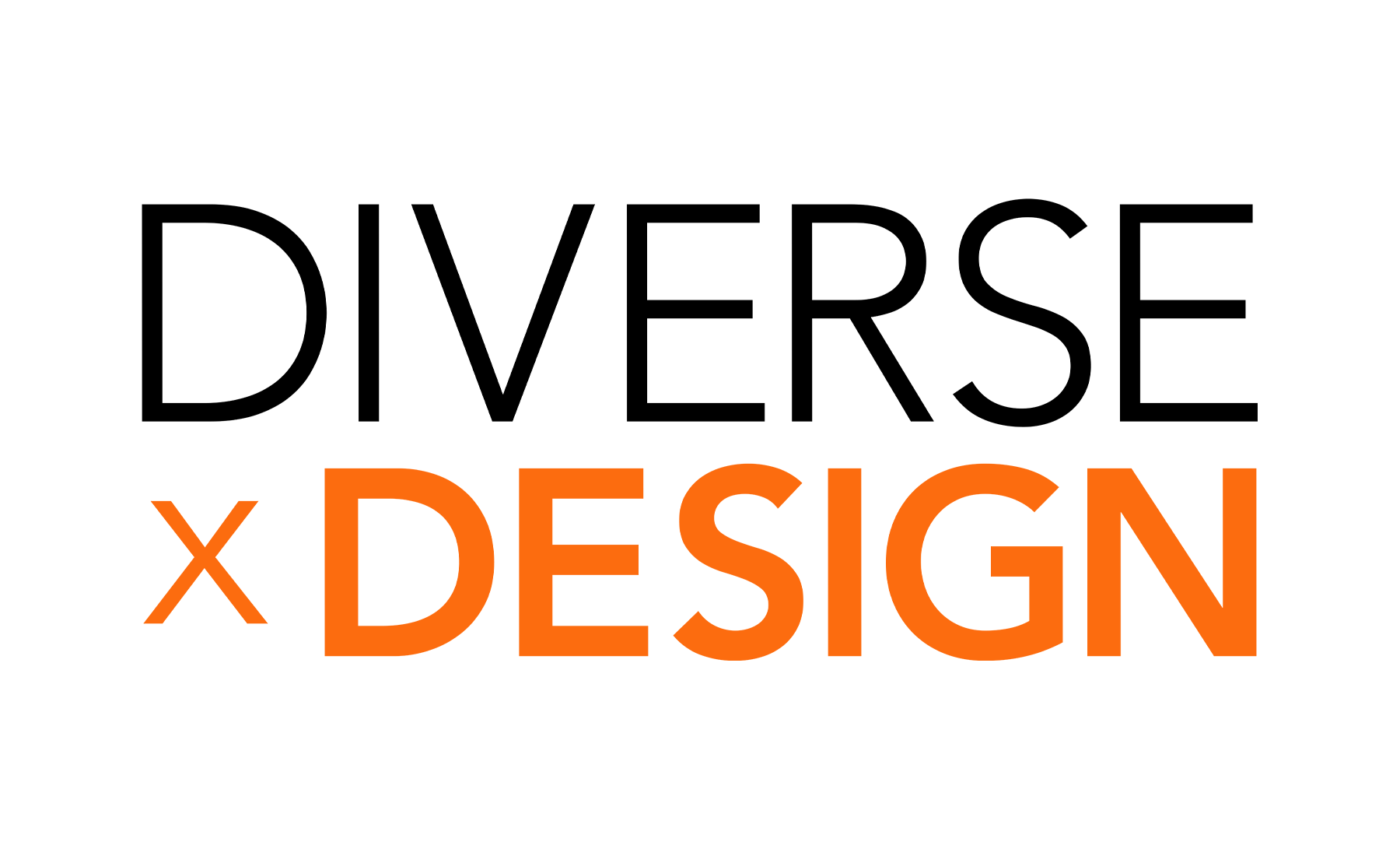
Mission
Diverse by Design (DxD), powered by Per Scholas and ITSMF, promotes solutions-driven conversations about diversity, equity, and inclusion within tech, produces meaningful content that empowers c-suite leaders to make both valuable and socially impactful business decisions, and provides access to sophisticated customized training and talent sourcing solutions to meet companies’ talent demands while transforming the diversity landscape of their organizations. Read more about our mission here.
Vision
We envision a future where the technology workforce is as diverse as the customers it serves. Our goal is to equip companies with proven tech talent sourcing solutions, tools, and resources that will transform their organizations’ diversity landscapes, and ultimately, the landscape of the technology workforce itself.
Where We’ve Been
Per Scholas first launched Diverse by Design as a conversation series in a strategic alliance with the Information Technology Senior Management Forum (ITSMF) in 2016. Diverse by Design created a space where leaders in tech and workforce development could come together to discuss and share best practices to attract, retain and develop skilled black and brown tech professionals. Each event gathered more than 150 attendees to hear from Fortune 500 thought leaders in tech, finance, and social impact. Through events at Google’s New York City headquarters and, Washington, D.C headquarters, plus convenings in Dallas, Kansas City, Pittsburgh, and Mountain View, Diverse by Design worked to spark new cross-cutting collaboration around critical issues, with a vision to ultimately foster more diverse talent pipelines and an American tech workforce that better reflects the diversity of our nation.
Where We’re Going
We want to transform words into action. At Diverse by Design, we believe that investing in diversity makes good business sense. Diversity drives innovation and increases profitability. We want to provide companies with the proven tech talent sourcing solutions, training, and resources needed to recruit, retain, and cultivate diverse talent on purpose.
How We’re Doing It
- Customized Talent Solutions
- Thought Leadership
- Alliance Building
- Strategic Planning
- Consulting
- Content Creation
Diverse by Design Podcast
Diverse by Design just released the inaugural episode of the Diverse by Design Podcast. Hosted by Director Nia Darville, this episode features the story of how EVP of Social Ventures at Per Scholas and co-founder of Diverse by Design, Damien Howard, turned his frustration into action by creating a platform designed to help C-suite leaders make both valuable and socially impactful business decisions.
Click here to follow Diverse by Design on your preferred podcast platform.
Connect With Us
Explore the links below to learn more about past Diverse by Design events.
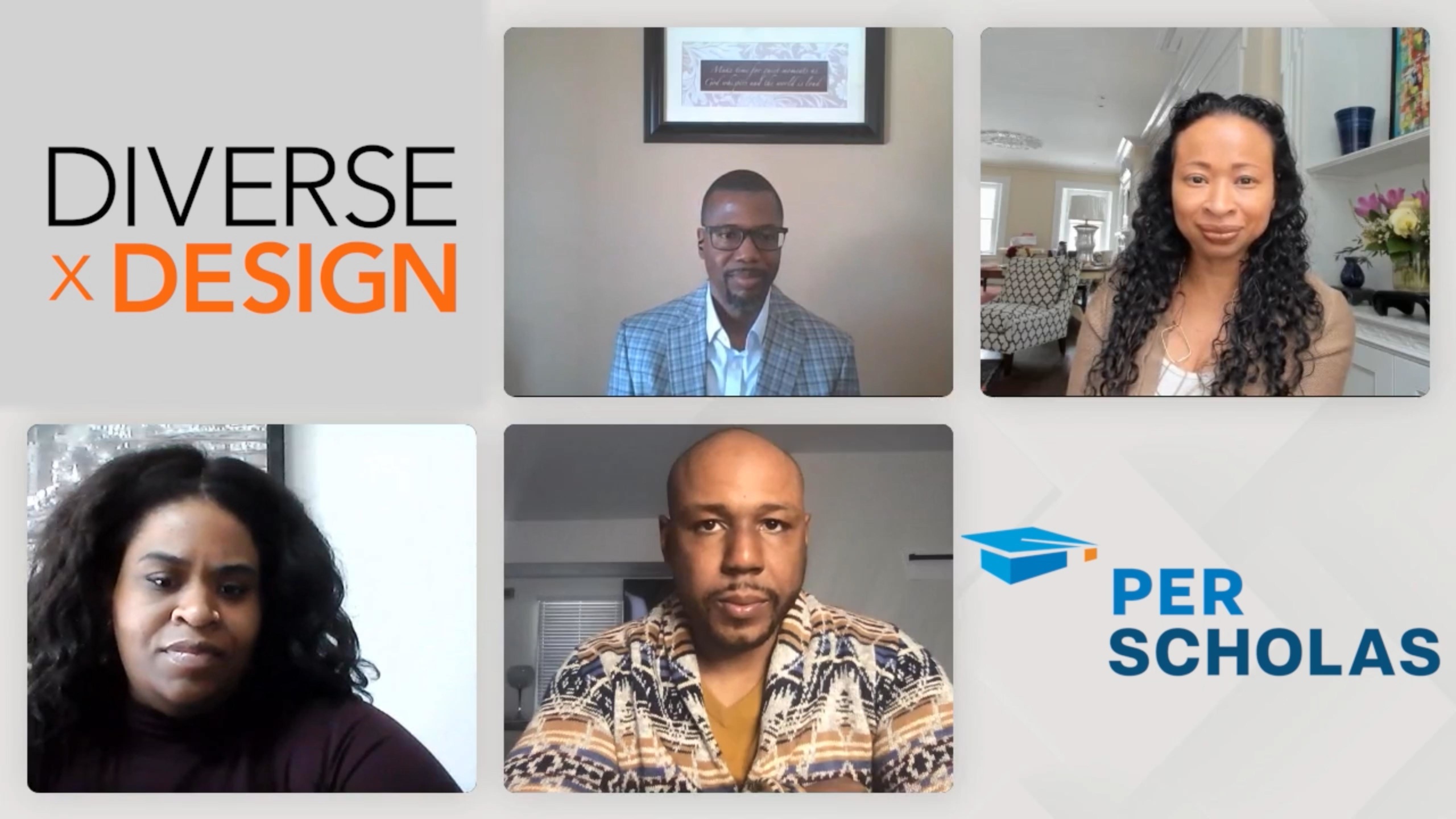
Diverse by Design
Young, Black & Techy: Recruiting, Retaining, and Cultivating Diverse Talent. February 2021
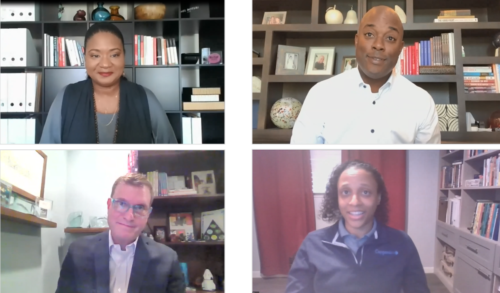
Diverse by Design
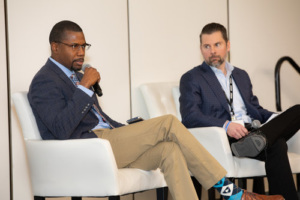
Diverse by Design
Diverse by Design
Developing A Post-Pandemic Recovery Plan for New York City
There is no more important time for public institutions, private companies, and nonprofits social enterprises such as ours to work together in developing recovery solutions.
For this reason, Per Scholas President & CEO, Plinio Ayala is an Advisor to the New York City Workforce Recovery Strategy Group — a group where Abe Mendez, our NY Managing Director, serves. This group of private sector and human services organization leaders have recently produced a strategic plan for New York City’s economic recovery with the first focus area being: Education & Training Ecosystem for the Displaced Workforce & Marginalized Communities.
COVID-19 has exposed deep inequities in our cities, in particular for black and brown communities that have been the hardest hit by this pandemic.
I am hopeful that public and private institutions will recognize how essential our role is in building a stronger and more equitable economy post-pandemic.— Plinio Ayala, Per Scholas President & CEO
That is why our recommendations start with the public, non profit, and private sectors investing in career and skills development for the long-term to help businesses and New Yorkers build a more resilient, nimble and modern economy. Much of this comes down to the critical role that Per Scholas and other similar organizations will play in this economic recovery. Click the image above to see an Executive Summary of the NYC Workforce Recovery Plan.


